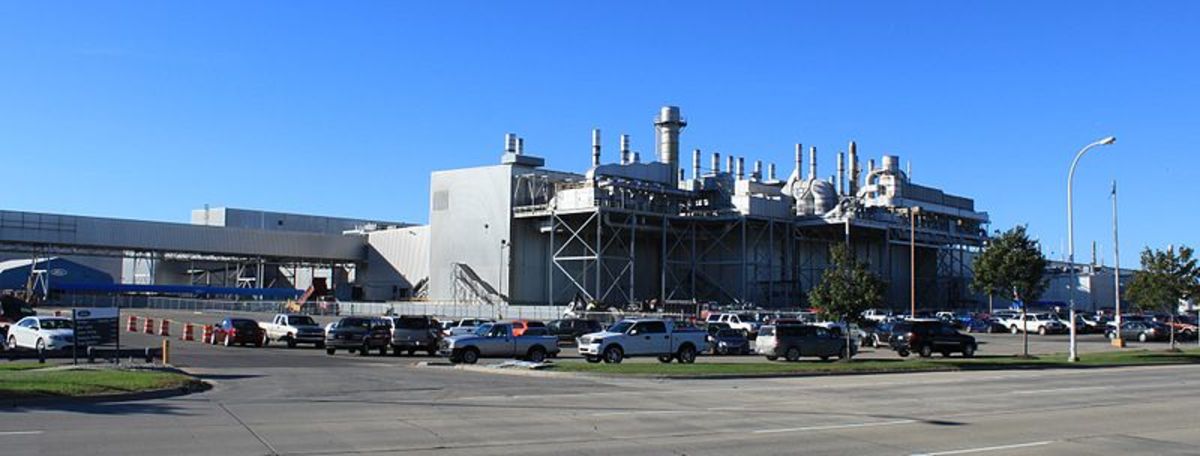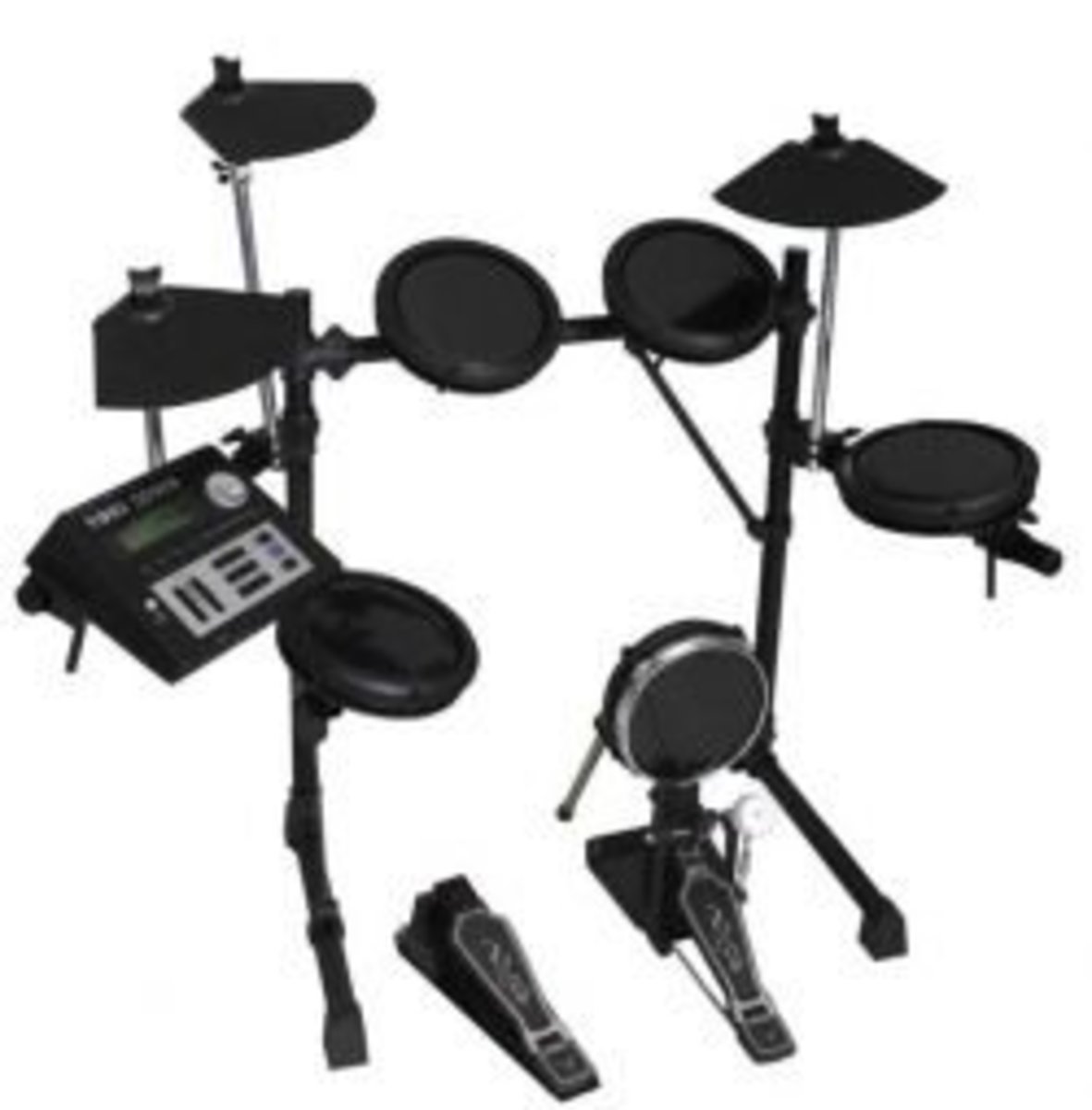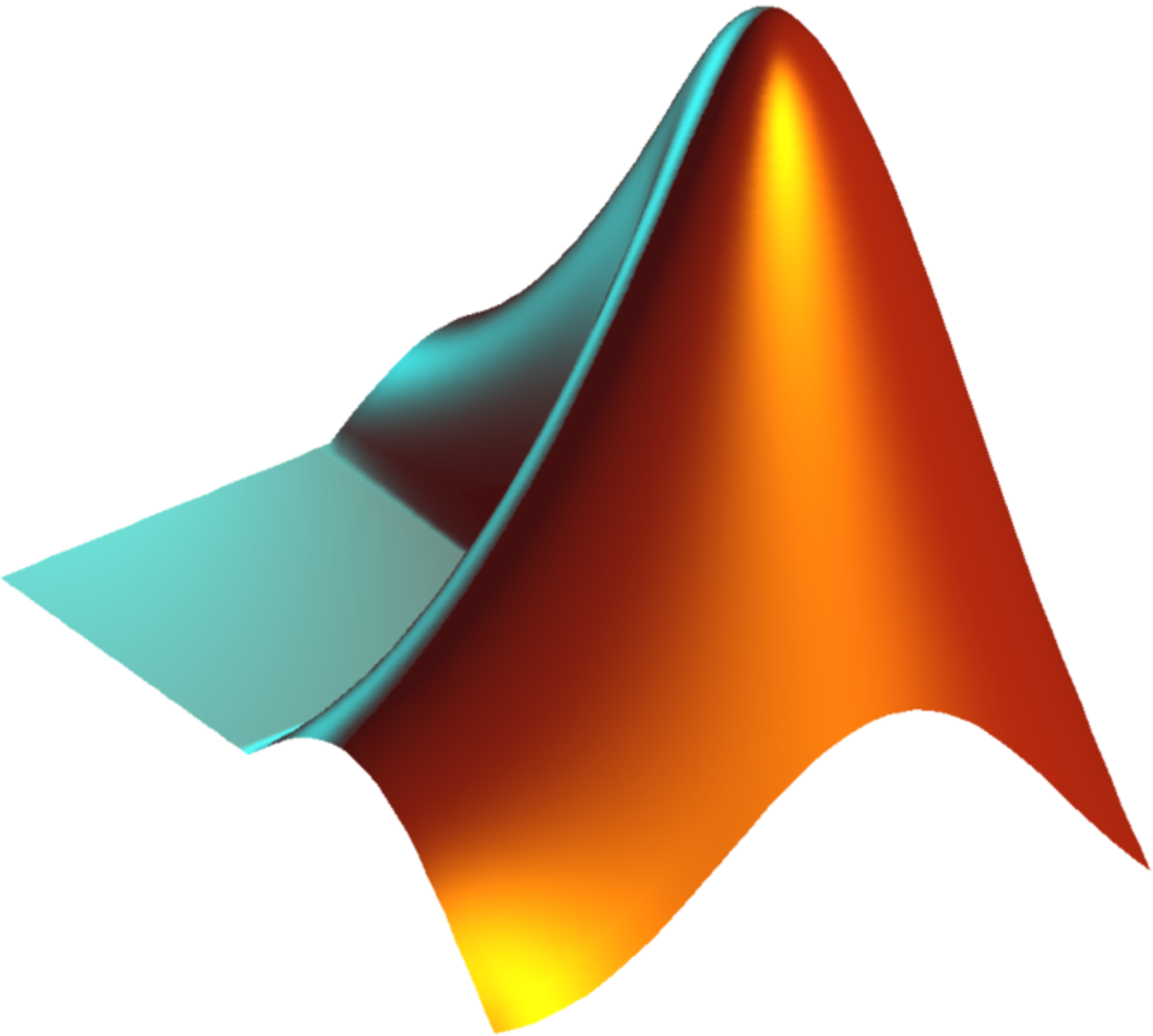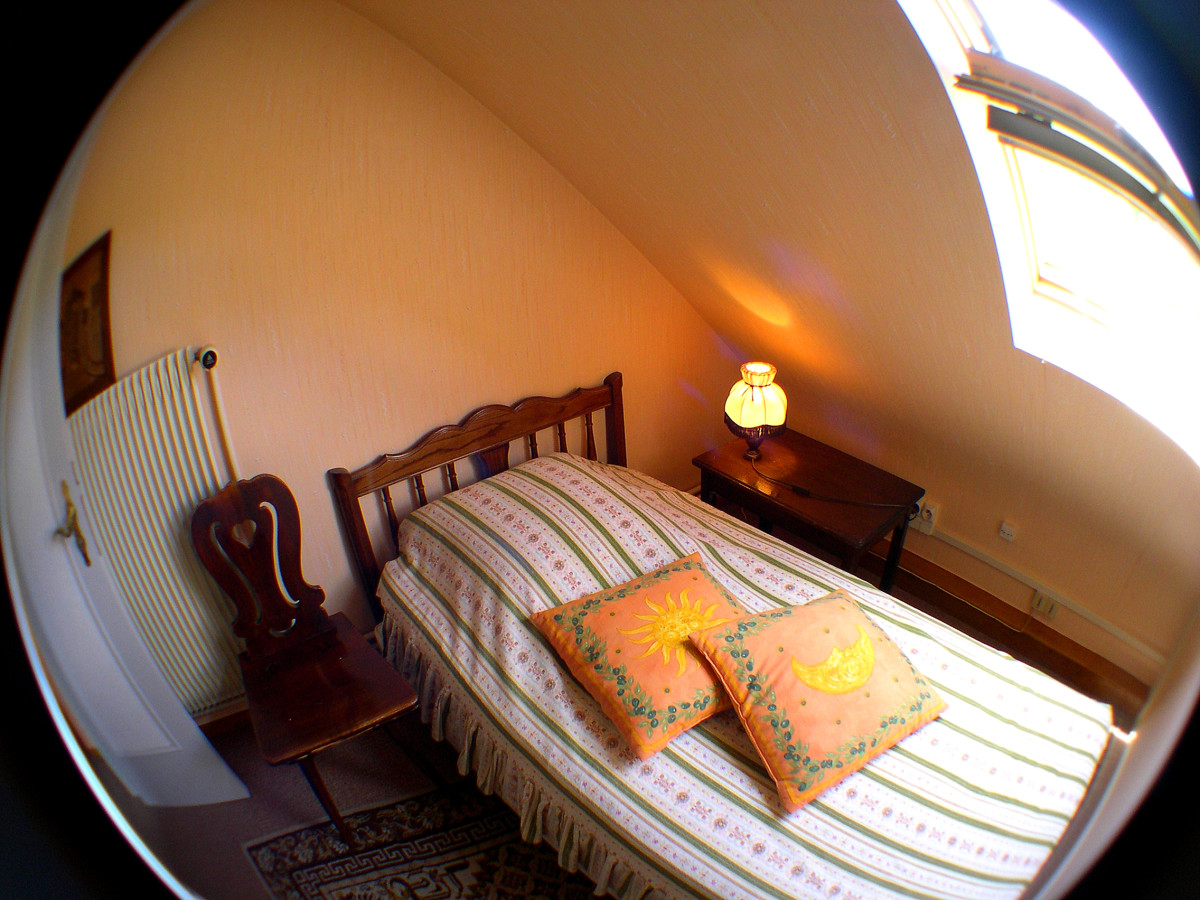What Are the Mechatronic Engineering Courses?
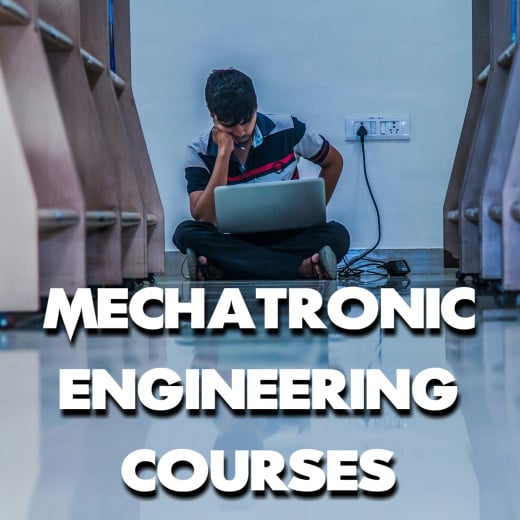
Here's a list of the mechatronic engineering courses you'll do when you get enrolled to study under the undergraduate program of the discipline at universities.
- Digital and analogue electronics
- Control engineering
- Computer-Aided Designing/Manufacturing
- Micro-electronic mechanical systems (MEMS)
- Instrumentation and embedded systems
- Machine mechanisms
- Programming
- Mechatronics systems design
- Signal processing and design
- Industrial automation
These are not all but are the core courses you'll do in your mechatronic undergraduate program regardless of the university you get enrolled in. There may be differences in the sequence in which you'll do them. Which ones you'll study first or last depends on the university you get enrolled in.
This post will briefly explain what each of these courses is all about and we'll also outline the minor courses you're more likely to meet during your undergraduate course.
Digital and analogue electronics
Digital electronics mainly focuses on the generation, transmission and retrieval of digital electrical pulses in a huge variety of electronic systems. You'll discover why they're used and their advantage over analogue signals in the transmission of data.
If you're still familiar with the binary form of data which you most probably came across in your computer class at high school, that will be core of everything you'll learn about digital electronics. There will be a lot of zeros and ones throughout the course. Believe me, they're more interesting and fun than the basics you did in high school.
Analogue electronics is about analogue signals. Here there are no zeros and ones. You'll be dealing with lots of electronic circuitry about continuously varying parameters like voltage, current, power, frequency, inductance and capacitance. You'll need all the knowledge about electrical principles you got in high school.
Programming
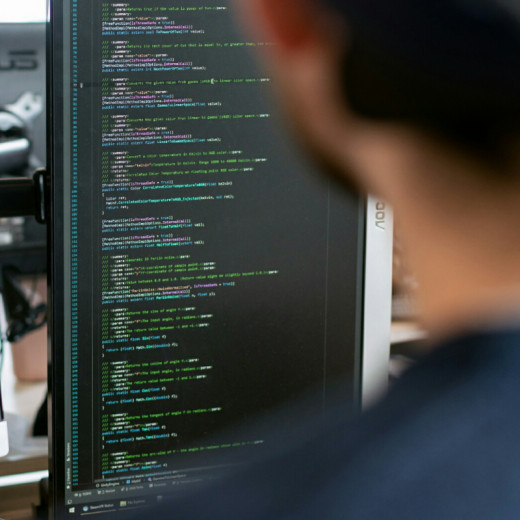
Ok, there is no course that is just named programming. What you'll learn are specific programming languages you're certainly going to use in other courses like instrumentation and embedded systems.
The choice of programming languages depends on the university you are enrolled in but you can also learn other languages that fit your interests on your own. These programming languages are what you'll use to develop the operating system for the processors and controllers of your systems. The languages you can come across in your programming courses are C#, C++, Arduino, Raspberry Pi and Python.
You won't necessarily know all of them. Just knowing one high level language and one low level language is enough to be competent.
Computer-aided Designing/Manufacturing
Here you'll get familiar with the use of computers in the industrial manufacturing processes. Much of the computer numerical control and machine codes will be met in this course. Computers have greatly increased the accuracy and efficiency of manufacturing processes.
You'll learn how they're doing that in this course. Depending with the university you're enrolled in, you may be taken out for a trip to a manufacturing factory to see the theory you learn in class being applied to make physical products.
Instrumentation and embedded systems
This is my personal favourite. The coding part of it is fun. Instrumentation is about developing the software that directly controls how the hardware of a system behaves.
Modern mechanical or electrical systems have a computer control mechanism embedded in it that does all the logical and arithmetic decision-making for the whole system.
That computer control mechanism is the heart of all the stuff you'll do in this course. There will be a lot of programming microcontrollers and microprocessors. Also you'll learn how to test your designed electronic systems in simulation softwares before implementing it.
Micro-electronic mechanical systems(MEMS)
This course deals with really small mechanical systems that are used to build most electronic components used in modern electronic systems. These small systems are really small that their practical study or experimentation is done in a special kind of laboratory called a clean room.
If there's a functional clean room at your university or institution, you'll see and learn to use the kind of machinery used to make the smallest components making up devices like micro-controllers and micro-sensors. This course explores how to design, fabricate, assemble and test micro-electronic mechanical devices and systems.
Control engineering
Also called control systems engineering. This couse is about applying automatic control theory to design systems with desired behavior. There will be much about how to use sensors and detectors to provide input for designed systems. And also about using that input to produce a corresponding output automatically.
This is mainly employed in many feedback systems and automatic control systems. You'll discover many of them in this course. The systems can be mechanical, electrical, biological, chemical, fluid or combinations of them.
You'll learn to understand physical systems using mathematical modelling and analysis techniques. This course is one of the most important ones because it'll hugely apply to many applications you'll work on in the real world.
Machine mechanisms
There's a lot of mechanics here. This couse explores a variety of macro-mechanical relations between internal and external components of mechanical systems. You'll be studying the constrained motion of mechanical components and how they transmit and modify that motion and energy to surrounding components.
The course is intended to get you more versed with the inter-relations of different mechanical components and how to structure and align them to get the output motion and energy you want from a machine.
Mechatronic systems design
This course is more of an implementation of all the courses combined. You're more likely to do this course in your later years of the degree program. The course is about optimized and accurate motion systems that can operate at high frequencies.
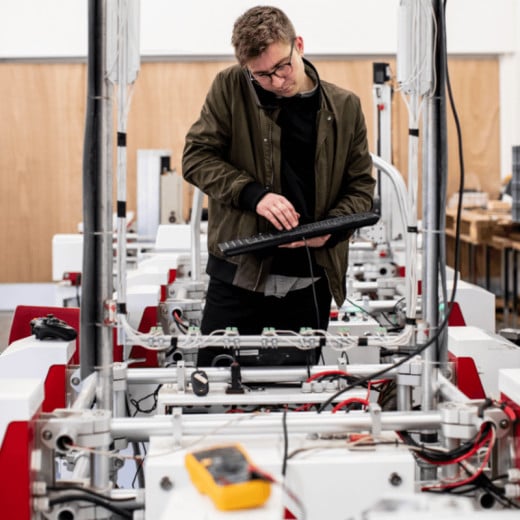
In general, the course makes the interface between all the other courses and gives you ways to deeply and effectively merge one discipline to the other. Motion systems are just an application of mechatronic systems design.
Depending with your lecturers, you may do the course using other applications. What matters is you grasp and understand the underlying principles of mechatronic systems design irregardless of the application.
Signal processing and design
There are two fields of study encompassed in this course. There is digital signal processing(DSP) and analogue signal processing(ASP). As the name says, the course is about the making, modifying and analysing signals . You'll learn signal processing techniques for different applications to improve signal transmission and quality.
The course also introduces some of the key concepts in telecommunication systems. There are too many applications. The ones that you're going to use to study depend on your lecturer's choice. You can always look at other applications to understand more of what you're interested in during this course.
Industrial automation
This course is about the implementation of control systems engineering and. machine mechanisms in manufacturing and industrial processes. The aim is to replace man with machines in doing much of the dirty work in industries and factories.
The course teaches how to apply all your accumulated knowledge and skills of control systems to increase the efficiency, productivity, accuracy, flexibility and safety of industrial processes.
Outline of the minor mechatronic engineering courses
These are minor in the sense that they're not independent and in most cases, cannot be a field of study to specialize in during your mechatronic engineering carrier. Their sole purpose is to introduce and give background knowledge for the major courses.
Here's a list of these minor courses
- Statistics
- Communication Skills
- Engineering mathematics
- Electrical principles
- Engineering mechanics
- Finite element analysis
- Fluid mechanics
- Fundamentals of mechatronics
- Engineering research methods
- Electrical machines and drives
- Power electronics
- Intelligent control



